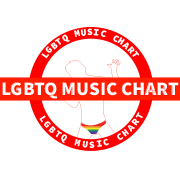Listeners:
Top listeners:
-
 play_arrow
play_arrow
107 Meridian FM Live local, love local!
-
 play_arrow
play_arrow
Essential Radio Essential Radio from Ayrshire College is a 24/7 music-led radio station
-
 play_arrow
play_arrow
G-Town Radio G-Town Radio: Your Town Your Radio station
-
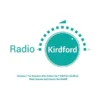 play_arrow
play_arrow
Radio Kirdford Radio Kirdford - Kirdford's Number 1 for Greatest Hits Online!
-
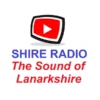 play_arrow
play_arrow
Shire Radio The Sound of Lanarkshire
-
 play_arrow
play_arrow
Sanctity of Sound Sanctity of Sound
Controversy Surrounding Gåte’s Eurovision Entry and the Use of Norwegian Taxpayers’ Money
today05/05/2024 175
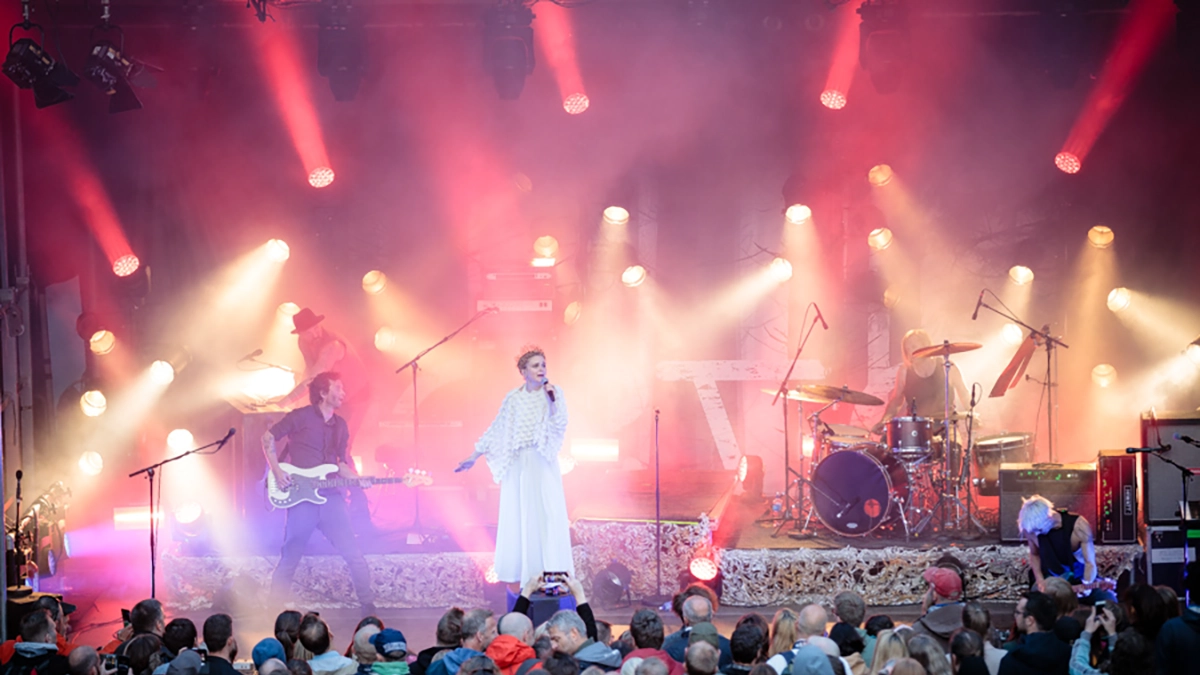
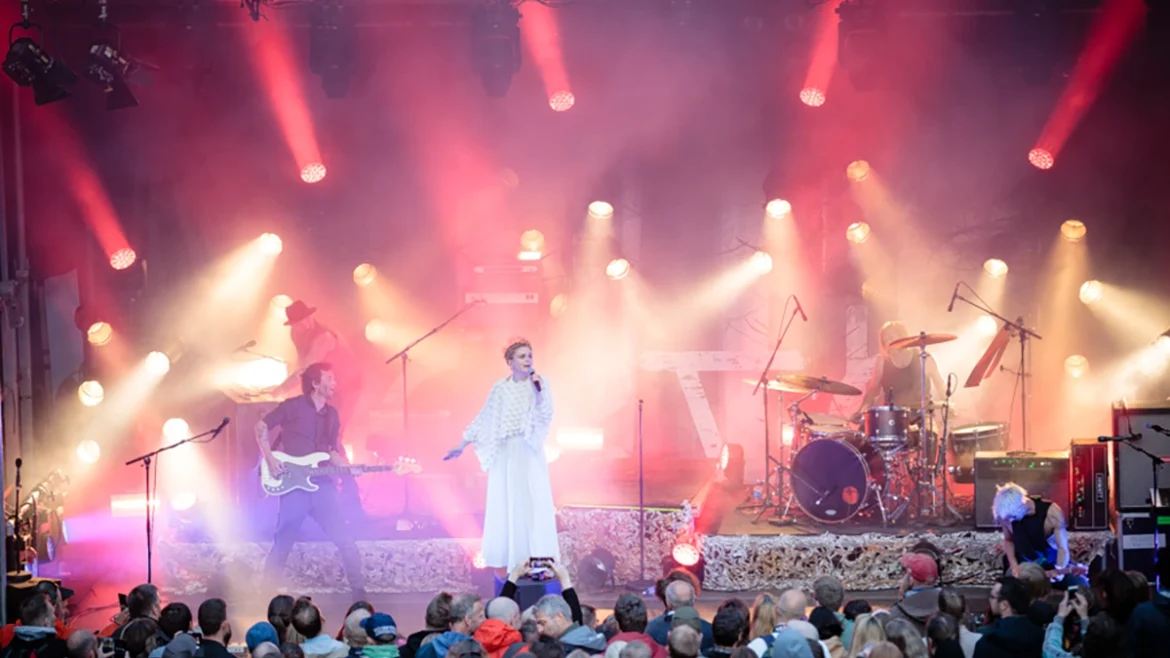
It highlights the lack of transparency and accountability in the handling of public funds and emphasises the importance of fulfilling obligations when receiving grants.
Did the Norwegian Taxpayers Get Value for Their Money?
The controversy surrounding Gåte’s Eurovision entry, «Ulveham», and the financing of its music video has raised questions about the use of Norwegian taxpayers’ money. Despite receiving a grant from the Norwegian Directorate of Culture, Gåte’s record company, Indie Recordings, has failed to account for the funds allocated for the project. This lack of transparency has resulted in the band losing half of the grant amount, Norwegian newspaper VG reports.
Gåte, as winners of the Melodi Grand Prix, has been a regular recipient of public financial support from the Directorate of Culture’s artist schemes. These grants, often around NOK 100,000, have provided significant financial assistance for a Norwegian band operating in the same sphere as Gåte. In the case of their Eurovision entry, «Ulveham», Gåte was awarded a grant of NOK 100,000 specifically earmarked for the production of the music video.
However, despite two deadline postponements, Indie Recordings has failed to submit a report and accounts for the project. This lack of accountability is concerning, especially considering the use of public funds. The Directorate of Culture confirms that NOK 50,000 was paid to the Gåte project shortly after the grant was approved, according to VG. The remaining NOK 50,000 has now been returned to the Norwegian Sound and Image Fund after the case was closed on 1st May 2024.
In response to the situation, the Directorate of Culture states that they have observed some activity in line with the application, indicating that a music video has been produced for Gåte’s Eurovision entry. As a result, they will not demand a refund of the already paid grants. However, the band and their record company are expected to cover the rest of the budgeted grant funds themselves.
Transparency and Accountability
The lack of transparency and accountability in the handling of public funds raises concerns about the responsible use of taxpayers’ money. When artists receive grants from government organisations, it is expected that they fulfil their obligations to provide reports and accounts for the allocated funds. This ensures transparency and allows the public to assess whether their money has been well-spent.
In the case of Gåte’s music video for «Ulveham», the failure to submit a report and accounts within the given deadlines reflects poorly on both the band and their record company. It is essential for artists and their associated organisations to understand the importance of complying with the requirements set by grant providers. This not only maintains trust but also ensures the continued support of public funding for the arts.
Value for Money
The question remains: Did the Norwegian taxpayers get value for their money? Without a detailed report and accounts from Gåte’s record company, it is challenging to determine the exact use of the grant funds and evaluate the value generated. However, the fact that a music video was produced suggests that some level of activity took place.
It is important to note that the Directorate of Culture has chosen not to demand a refund of the already paid grants, indicating that they acknowledge the existence of a music video. However, the responsibility now falls on Gåte and Indie Recordings to cover the remaining budgeted grant funds themselves.
While the lack of financial accountability is concerning, it is crucial to remember that the value of art and music goes beyond monetary terms. Gåte’s participation in the Eurovision Song Contest and the creation of a music video contribute to the cultural landscape of Norway and provide entertainment for audiences both domestically and internationally.
Nevertheless, it is imperative for artists and their associated organisations to uphold their commitments and fulfil their obligations when receiving public funding. This includes providing reports and accounts to ensure transparency and accountability in the use of taxpayers’ money.
Conclusion
The controversy surrounding Gåte’s Eurovision entry and the financing of its music video highlights the importance of transparency and accountability in the use of public funds. While the exact use of the grant funds remains unclear due to the failure to submit a report and accounts, it is evident that some level of activity took place.
As taxpayers, it is essential to hold artists and their associated organisations accountable for the responsible use of public funds. This ensures that the value generated from the grants aligns with the expectations and interests of the public. Moving forward, it is crucial for Gåte and Indie Recordings to fulfil their obligations and maintain transparency in their financial practices to regain trust and secure future support from the Norwegian Directorate of Culture.
Written by: Jungle Telegraph
Similar posts
Upcoming radio shows

LGBTQ Music Chart radio show – 107 Meridian FM
17:00 - 18:00

LGBTQ Music Chart radio show – Essential Radio
18:00 - 19:00

LGBTQ Music Chart radio show – G-Town Radio
19:00 - 20:00

LGBTQ Music Chart – South Devon Sound
21:00 - 22:00

LGBTQ Music Chart radio show – Shire Radio
23:00 - 00:00
Latest LGBTQ Music News

«Outed on Friday! – Week 30 – 2024: New Music, Voting, Artists, and More!»

Dirty Pop: The Boy Band Scam That Shook the Music Industry

Catch Up on the LGBTQ Music Chart Radio Show – Week 29 2024

Pandora Boxx’s New Album «Boxx»: A Journey of Personal and Musical Growth

The LGBTQ Music Chart – Week 29 – 2024 – The sound of the LGBTQ community!
Outed on Friday!
Categories
Spotify
Apple Music
Copyright © 2018 - 2024 LGBTQ Music Chart - All Rights Reserved.
